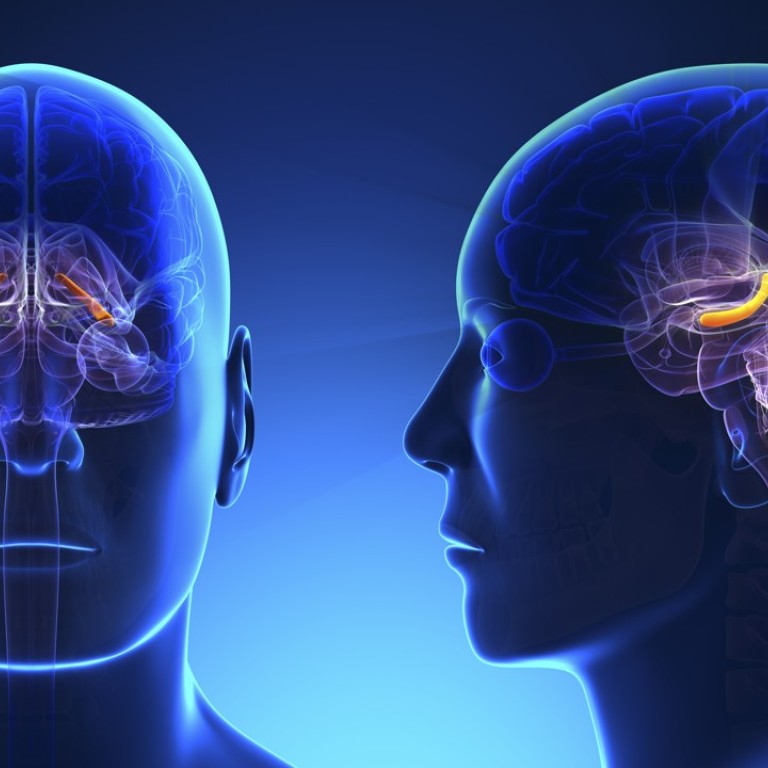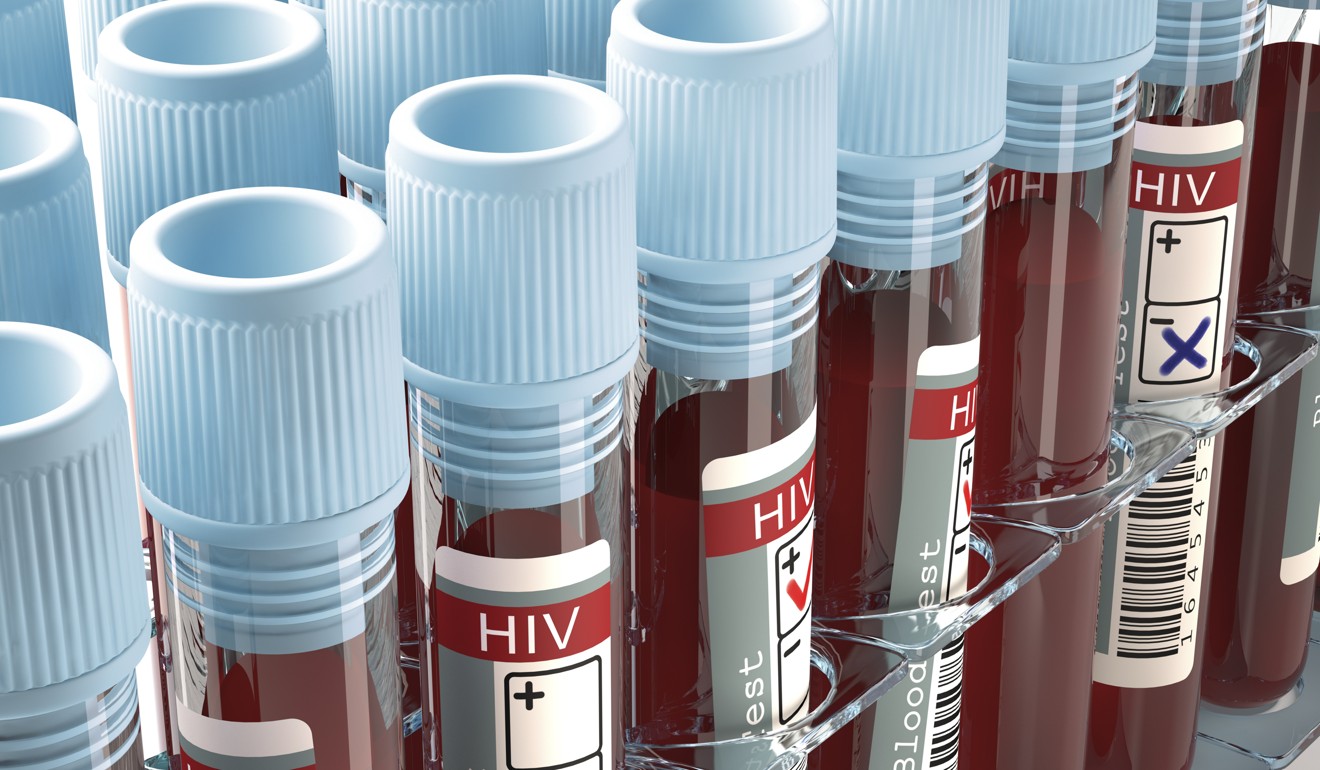
Even moderate drinking can damage the brain, researchers now say
Sustained consumption of two to three units of alcohol a day shrinks the hippocampus, a part of the brain that governs memory and ability to keep one’s bearings, say British researchers
Even moderate drinking is linked to brain damage and a slight decline in mental skills, according to a study released on Wednesday that calls into question many national alcohol guidelines.
Men and women who consume 14 to 21 drinks a week over a period of decades are two to three times more likely than non-drinkers to show atrophy in the hippocampus, a part of the brain that governs memory and the ability to keep one’s bearings, said the study, published in the medical journal BMJ. They also performed more poorly on a specific verbal test, though other language functions appeared to remain unchanged.
A single drink was defined as containing 10 millilitres (8 grams) of pure alcohol – the equivalent of a large glass of wine, a pint of 5 per cent proof beer, or a shot of spirits such as whisky or vodka. Last year, the British government revised its guidelines for alcohol consumption, lowering the recommended maximum for men and women to 14 “units”, or drinks, spread out over a week.

In other countries, that threshold is set higher for men: 35 units in Spain, 24.5 in the US, 21 in Denmark and Ireland, and 19 in New Zealand. For women, however, guidelines for maximum weekly consumption in all of these nations, except for Spain, is 14 drinks or less.
The negative impact of heavy drinking on the brain is well documented, but research on potential damage from “moderate” consumption – up to now defined as two or three drinks a day, on average – has been scant and inconclusive.
To probe further, researchers at the University of Oxford and University College London combed through data on 550 men and women monitored during 30 years as part of the so-called Whitehall II study. Volunteers reported periodically on their drinking habits, and scientists carried out brain tests at regular intervals. None were alcoholics at the outset.
The effect of 14 to 21 units of alcohol a week on the hippocampus was clearly shown by imaging technology.
Meditation and relaxation help cancer patients get over impact of diagnosis
Meditation, relaxation and psychological counselling are becoming important tools in the care of people with cancer, according to multiple clinical trials released at the world’s largest conference on cancer.
The research unveiled at the American Society of Clinical Oncology conference is part of a new push by oncologists to focus on not just killing tumours, but boosting the morale and mental health of people who are reeling from the shock of being diagnosed with cancer.
For many women who survive a bout with cancer, the fear that it will return can be debilitating, and may interfere with work and family relationships.About 50 per cent of all cancer survivors and 70 per cent of young breast cancer survivors report moderate to high fear of recurrence, according to one study led by Jane Beith, a medical oncologist at the University of Sydney in Australia.

She and colleagues developed an intervention called Conquer Fear, in which trained therapists met 222 patients for five one hour to 90-minute-long sessions over 10 weeks. They talked about accepting uncertainty and teaching strategies to control worrying, as well as how to focus on life goals. Stretching and meditation were also part of the treatment.
“The reduction in fear of recurrence in the psychological intervention group was large enough to improve survivors’ psychological and emotional well-being,” said Beith.
Using a 42-item questionnaire called Fear of Cancer Recurrence Inventory, researchers found that the fear of cancer was reduced significantly in those who went through therapy – by 18 points on average in the intervention group compared to 7.6 points in a control group that did not receive the same attention.
Another study, carried out in Canada, showed that brief sessions of psychotherapy could also benefit people with advanced cancer. A randomised clinical trial enrolled 305 patients late-stage cancer to study a therapy called Managing Cancer And Living Meaningfully (Calm).
After three months, 52 per cent of patients who received Calm had a clinically important reduction in depressive symptoms, compared to 33 per cent of patients who received usual care, researchers reported.

Vaginal bacteria may interfere with gel to curb risk of HIV
Some kinds of vaginal bacteria may interfere with a gel meant to curb the risk of contracting HIV, which infects more than one million women worldwide each year, researchers say.
The findings in the journal Science were based on a 2010 study of women in South Africa who used the microbicide drug tenofovir, in vaginal gel form, to assess how well it worked at preventing transmission of human immunodeficiency virus (HIV).
New US$130m HIV vaccine trial, the first in years, to begin in South Africa
The drug has shown success in preventing HIV in high-risk men, but studies involving women have been “disappointing”, said the report. A 2010 randomised trial showed that tenofovir gel, applied before and after sex, reduced HIV incidence by 39 per cent.
Researchers examined a subset of women who were infected with HIV during the study, even though they used the gel regularly. Women who became infected with HIV tended to have a dominant bacteria known as Gardnerella vaginalis, which “could rapidly metabolise and break down the active form of the drug”, said the report.
Gardnerella vaginalis is associated with a condition known as bacterial vaginosis (BV). BV is known to increase the risk of HIV because it increases inflammation, disrupts the vaginal wall and impairs wound-healing, and women from sub-Saharan Africa have high prevalence rates of BV, according to background information in the report.

.png?itok=arIb17P0)